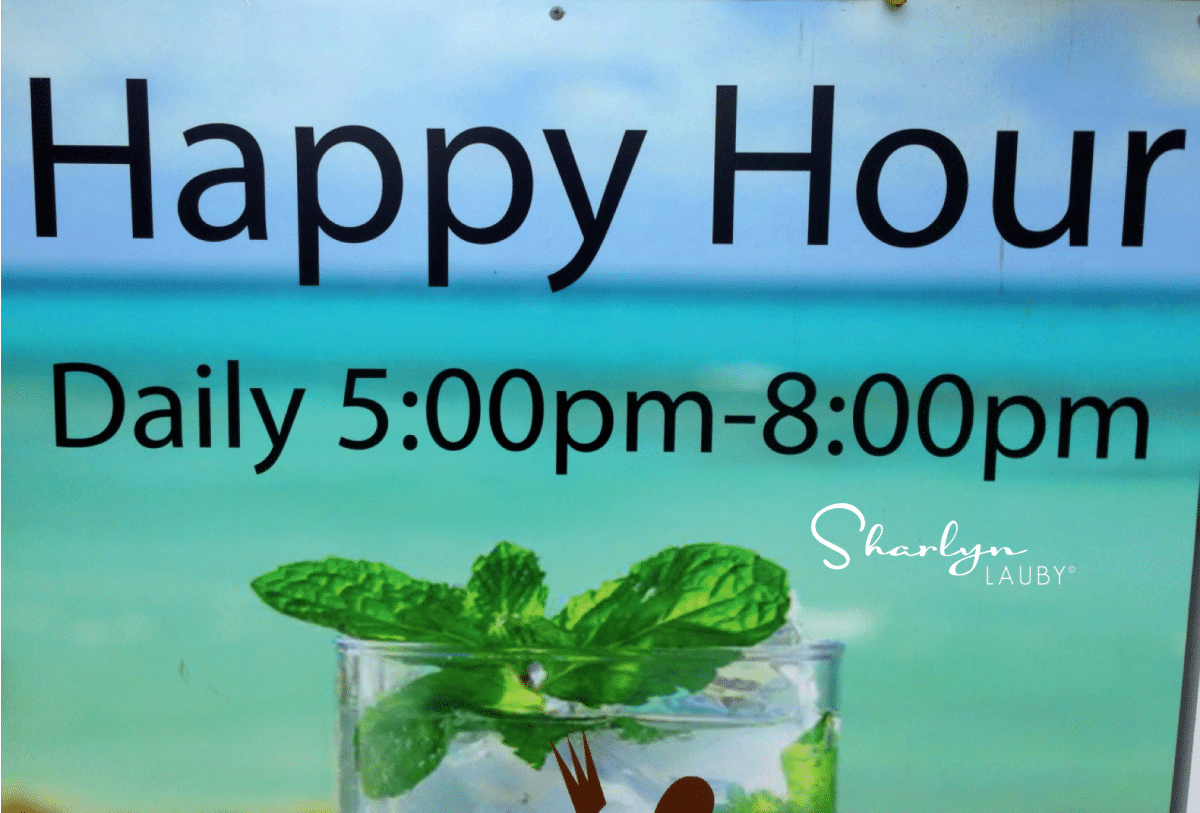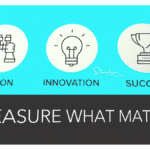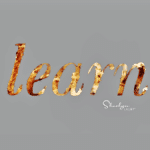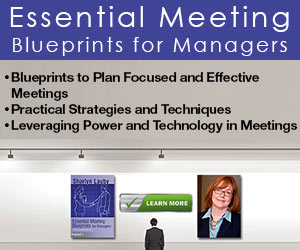And not just during Happy Hour!
Yale University’s most popular class ever is called “The Science of Well-Being”. And you can take it for free on Coursera. Just out of curiosity, I did. And I could see how it might make sense to incorporate this program (or something like it) in employee training and development. Here are a few reasons why:
Happiness is about judgment and decision-making. The professor for this course, Laurie Santos PhD, started the course sharing the G.I. Joe fallacy, which is that the age-old mantra of “knowing is half the battle” really doesn’t help when it comes to making real-world decisions. So, if we want employees to be happy and satisfied, then we need to retire the idea that just giving employees information is enough.
Happiness means knowing what will make us happy. Santos also talks about the concept of “miswanting”. This is the idea that individuals think they want something a lot more than they do or that they believe they will like something a lot more than they actually will. An example might be the employee who wants to be promoted, then once they get the promotion, there’s a bit of remorse.
I’m bringing this up because, in the world of work, we often have to deal trade-offs that can impact happiness. An employee is presented with an opportunity to make more money, but it means being on the road more. Or an employee can work from home, but their job responsibilities will change. For employees to make good decisions, they need to truly understand what makes them happy. In addition, they need to have a greater understanding of how to make the decision, not just have the information but have enough self-awareness to know the conditions that are right for them.
The last thing employers want is for an employee to make wrong decisions where their careers are concerned. Santos suggested a catchy acronym that individuals could use in evaluating decisions and taking action. It’s called WOOP:
W = wish for what you want
O = outcomes are defined
O = obstacles are identified
P = plan your strategy
For me, the real success in the WOOP method is in the W. Wishing for what you want means understanding what makes you happy. I don’t know about you, but no one ever talked about this in school or college. I’ve learned what makes me happy over lots of years and many mistakes. “The Science of Well-Being” could be one of those courses that helps individuals focus on happiness. And hopefully not use trial and error as the way to reach it.
There’s an increasing conversation about money not buying happiness and how happiness impacts personal well-being. But it only works if you know what happiness really is. Maybe it’s time to find out.
Image captured by Sharlyn Lauby while exploring the streets of Miami, FL








Alan Allard says
Thanks for addressing this topic Sharlyn. What a great title for the post–it’s simple and to the point and so true. Happiness is a very misunderstood topic and that shouldn’t be a surprise. Yet, leaders can change that by offering workshops, webinars, and other resources to help all of us understand how to live and work with more consistent “positive emotional energy”–my definition of happiness. I was asked in an interview why happiness was an important business consideration and then why happiness can be challenging and elusive at times. That interview can be found here: https://www.alanallard.com/2017/05/happiness/
Mandy Fard says
This blog is so timely. I have a client who is a Director of Behavioral Health at a Fortune 500. She is currently looking for a new job and each time she finds an ad she likes, she hires me to tweak her resume accordingly.
80% of the advertisements she has sent me so far, have to do with the topic of happiness, mental balance and overall well being at work. I am starting to see this as a trend that is not so new, but a trend that has caught the wave and it is evolving. I am so glad to see that so many companies are taking this matter more and more seriously. After all, it is very important. Thanks for sharing and posting about it. Great read.